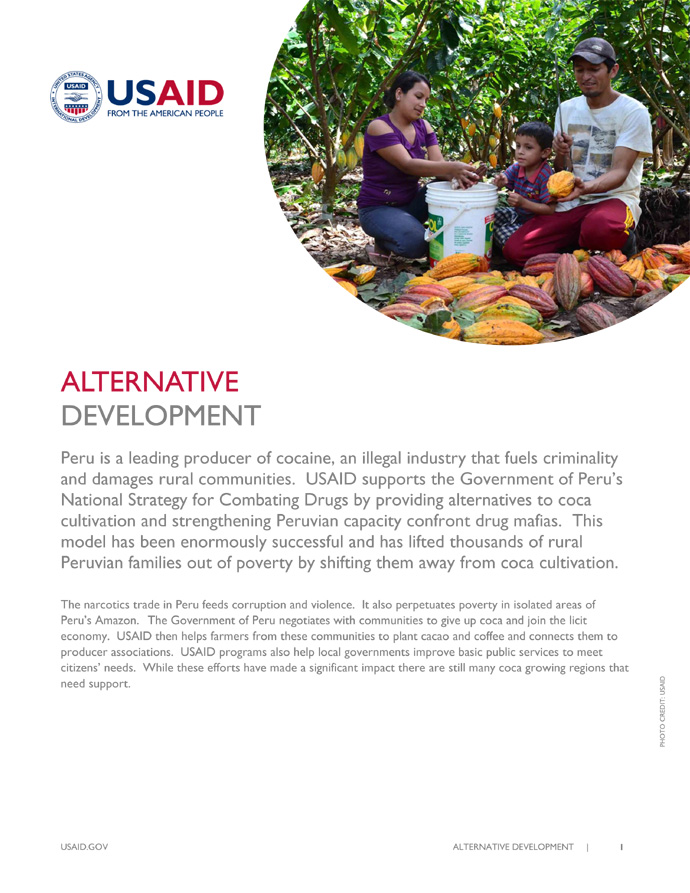The Johns Hopkins Center for Communication Programs (CCP), with partners with USAID/Liberia under the Health Communication Capacity Collaborative (HC3), supports the Ministry of Health (MOH) to implement impactful social and behavior change communication (SBCC) programming.
The USAID Advancing Youth Project provides increased access to quality alternative basic education services, social and leadership development, and livelihood training for Liberian youth and young adults (aged 13–35), who are out of school, and who lack or have marginal literacy and numeracy skills.
Since 2011, the Excellence in Higher Education for Liberian Development (EHELD) project has worked with Liberia’s leading universities to transform the higher education fields of engineering and agriculture to be more dynamic, interactive, and modern so that students have practical skills and are ready to enter the workforce upon graduation.
SERVIR is a joint development initiative of the U.S. Agency for International Development (USAID) and National Aeronautics and Space Administration (NASA). SERVIR works in partnership with leading organizations world-wide to help developing countries use satellite information provided by geospatial technologies to manage climate risk and land use. The key objectives of SERVIR are to improve awareness, increase access to information, and support analysis to help local decision makers.
The main objective of RADP-East is to foster the expansion of sustainable agriculture-led economic growth in eastern Afghanistan to contribute to the development of a vibrant and prosperous agriculture sector in the region. The project will provide technical services to increase the competitiveness of selected value chains, expand the number of enterprises that can compete and upgrade their products and services in selected markets, and improve relationships and linkages between those firms and other market participants throughout the value chain.
USAID supports the Government of Peru’s National Strategy for Combating Drugs by providing alternatives to coca cultivation and strengthening Peruvian capacity confront drug mafias. This model has been enormously successful and has lifted thousands of rural Peruvian families out of poverty by shifting them away from coca cultivation.
An estimated 53,400 children resume classes as schools begin reopening in Grand’Anse and Sud. USAID/OFDA provides plastic sheeting to support nearly 400,000 hurricane-affected people. USAID provides an additional $7.3 million for emergency food and multi-sector assistance.
In collaboration with the Association of Southeast Asian Nations (ASEAN), USAID, through the USAID Wildlife Asia activity, addresses wildlife trafficking by working to reduce demand of wildlife products and to improve regional action to end wildlife crime in Southeast Asia and China.
Humanitarian organizations continue to support GoH-led relief and recovery efforts throughout southwestern Haiti.
USAID/FFP contributes an additional $1 million to WFP’s Special Operation.
USAID/OFDA supports improved access to safe drinking water and sanitation in hurricane-affected areas.
The Fixed Amount Reimbursement Agreement (FARA) activity with the Liberian Ministry of Health (MOH) provides support to the MOH in the implementation of its 10 year National Health Policy and Plan. Under this agreement, USAID reimburses the Government of Liberia (GOL) for the cost of implementing the Essential Package of Health Services in three counties covering a population of roughly 1.4 million Liberians.








Comment
Make a general inquiry or suggest an improvement.